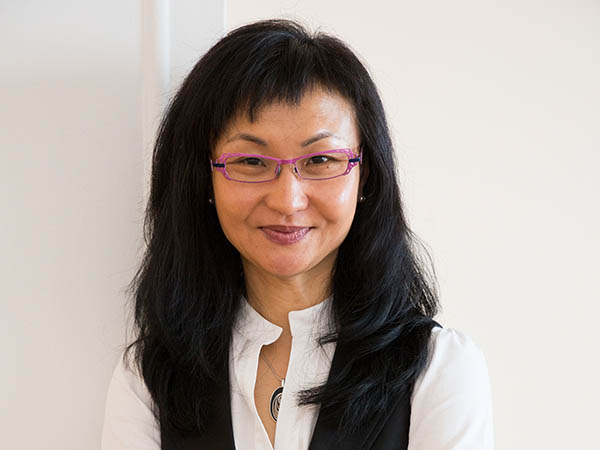Humanities and AI: Large Language Models and the Returns of Critical Theory
November 7, 2024

Technology Humanities Speaker Series
Start time: 4:00 p.m.
End time: 6:00 p.m
Location: MCALC 1107 (1000 Floyd Ave, Richmond, VA)
Due to unforeseen travel complications, this event has been cancelled and will be rescheduled for a later date. Thank you for understanding.
Description
When the humanities and AI are usually brought together, it is under the rubric of "ethical AI." This idea is that, to make AI and technologies in general more ethical, we need to add the humanities to it. This presumption that the humanities are inherently ethical, or the locus of ethics, both reduces the humanities to Mill, Kant, Bentham, and Aristotle—thereby erasing recent work that has challenged the humanities to be more ethical—it can also lead to tech companies absolving themselves of responsibility by outsourcing ethical work. Against this tendency, this talk explores how fundamental concepts and axioms within critical theory and natural language processing (NLP) intersect: from the notion that value stems from difference to the mapping of latent and manifest spaces. By moving from these similarities—not differences—we can begin to understand the limitations of existing generative AI models and why their insights seem to give critical theorists a sense of déjà vu.
About the Speaker
Wendy Hui Kyong Chun is Canada 150 Research Chair in New Media, Professor in the School of Communication, and Director of the Digital Democracies Institute at Simon Fraser University*. At the Institute, she leads the Mellon-funded Data Fluencies Project, which combines the interpretative traditions of the arts and humanities with critical work in the data sciences to express, imagine, and create innovative engagements with (and resistances to) our data-filled world.
Chun has studied both Systems Design Engineering and English Literature, which she combines and mutates in her research on digital media. She is author many books, including: Control and Freedom: Power and Paranoia in the Age of Fiber Optics (MIT, 2006), Programmed Visions: Software and Memory (MIT 2011), Updating to Remain the Same: Habitual New Media (MIT 2016), and Discriminating Data: Correlation, Neighborhoods, and the New Politics of Recognition (2021, MIT Press). She has been Professor and Chair of the Department of Modern Culture and Media at Brown University, where she worked for almost two decades and is currently a Visiting Professor. She is a Fellow of the Royal Society of Canada, and has also held fellowships from: the Guggenheim, ACLS, American Academy of Berlin, Radcliffe Institute for Advanced Study at Harvard.
*The Digital Democracies Institute at Simon Fraser University is a group of diverse scholars and stakeholders from around the world who collaborate across disciplines, schools, industry, and public sectors to research and create vibrant democratic technologies and cultures. Institute researchers come from the humanities, social sciences, computer and data sciences to address questions of equality and social justice. Their work aims to combat issues such as online “echo chambers,” abusive language, discriminatory algorithms and mis/disinformation.